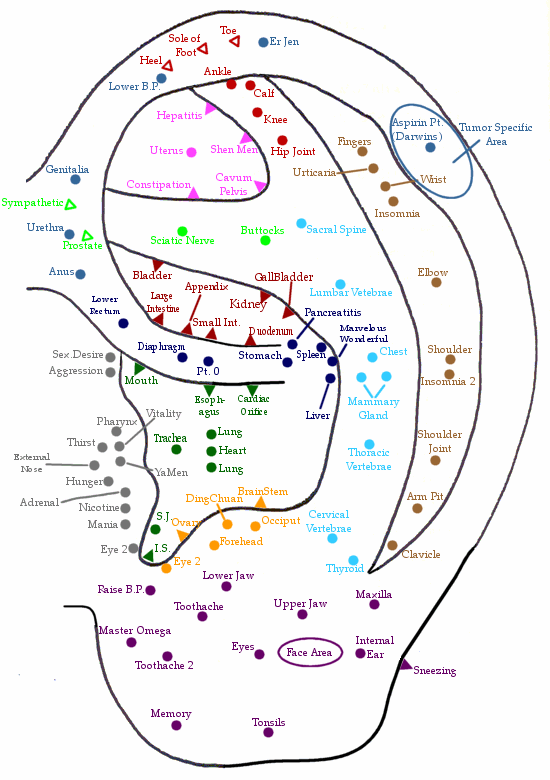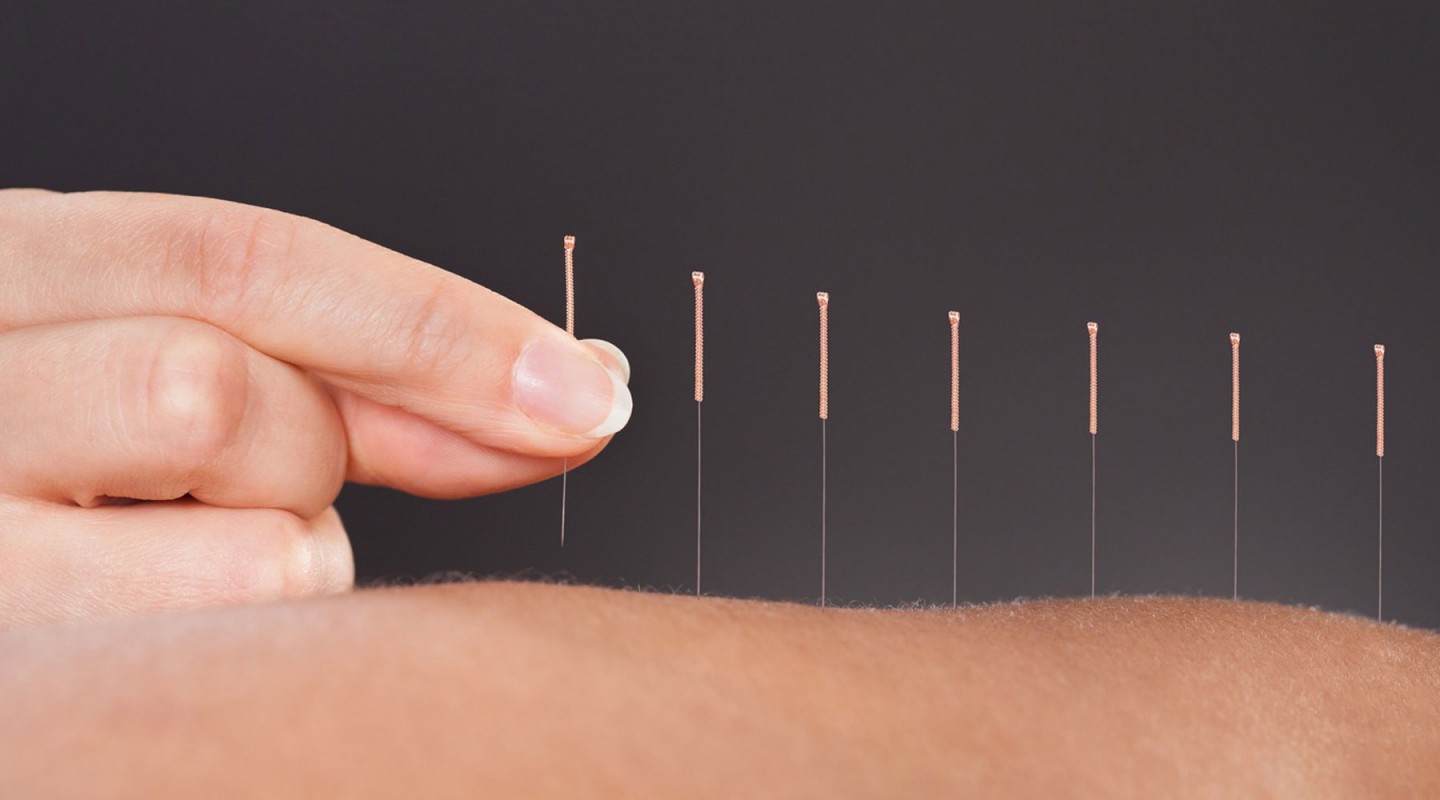DO YOU SUFFER FROM CHRONIC PAIN?
Muscular Skeletal Disorders: Osteo and Rheumatoid arthritis, Lower back pain, Sciatica, Repetitive strain injuries, Sports injuries, Neck pain, Shoulder pain and Knee pain
Women's Health: Premenstrual tension, Heavy Menstruation, Endometriosis, Menopausal symptoms, Hot flushes, Recurrent cystitis, infertility
Allergies: Hay-fever, Sinusitis
Skin Disorders: Eczema, Psoriasis, Acne, Post Herpetic (shingles) pain, Dermatitis
Abdominal Symptoms: Constipation, Irritable bowel syndrome
Headaches: Migraine, Anxiety, Insomnia, Fibromyalgia, Smoking and drug addiction
...and many other medical conditions

What is Acupuncture?
Acupuncture treatment involves fine needles being inserted through the skin and briefly left in position. Sometimes manual or low voltage electrical stimulation is applied to assist the process. The number of needles varies but may be only two or three. The practitioner will assess each client’s case and treatment will be tailored to the individual, so it is impossible to give more than this general idea what your particular treatment might involve.
Treatment might be once a week to begin with, than at longer intervals as the condition responds. A typical course of treatment lasts 5 to 8 sessions.
Acupuncture stimulates the nerves in skin and muscle, and can produce a variety of effects. We know that it increases the body’s release of natural painkillers – endorphins and serotonin in the pain pathways of both the spinal cord and the brain. This modifies the way pain signals are received.
Acupuncture – past, present and the future
Acupuncture – like techniques may have been used for over 500 years, if evidence from “Otzi the Iceman” is considered, however, the most well known system of acupuncture was developed in the Far East from around 2000 years ago. This was first introduced into Europe in the 17th Century, but widespread interest in the technique did not develop until the political events of the early 1970’s allowed travel restrictions between East and West to be eased.
In the past thirty years, because of the huge public interest in the subject, considerable scientific research on acupuncture has been carried out, although much remains to be done. We now know much more about how acupuncture works and some of the myths can be laid to rest. It is demonstrably untrue to say that the results of acupuncture are all in the mind.
As we learn more about it, the possibilities of using acupuncture alongside orthodox medicine increase. The distinction between complementary or alternative medicine and conventional medicine is becoming blurred as acupuncture is accepted in medicine. Acupuncture is already available in most hospital pain clinics and it is provided by an ever-increasing number of GP and hospital doctors.
What is BMAS?
The British Medical Acupuncture Society is an organisation of regulated health professionals who practice acupuncture alongside more conventional techniques. It is the stated mission of the BMAS to encourage the use and scientific understanding of acupuncture within medicine for the public benefit. We believe that acupuncture has an important role to play in healthcare today.
Acupuncture for fertility
Acupuncture can help both men and women whilst they are suffering from fertility problems. We work with women suffering from unexplained difficulties in getting pregnant, polycystic ovary syndrome, endometriosis and immune disorders. Acupuncture can also be said to support women throughout fertility treatment.
We also work with men who are experiencing fertility problems.
Acupuncture is beneficial for women experience menopausal symptoms also, alleviating menopausal flushes.




